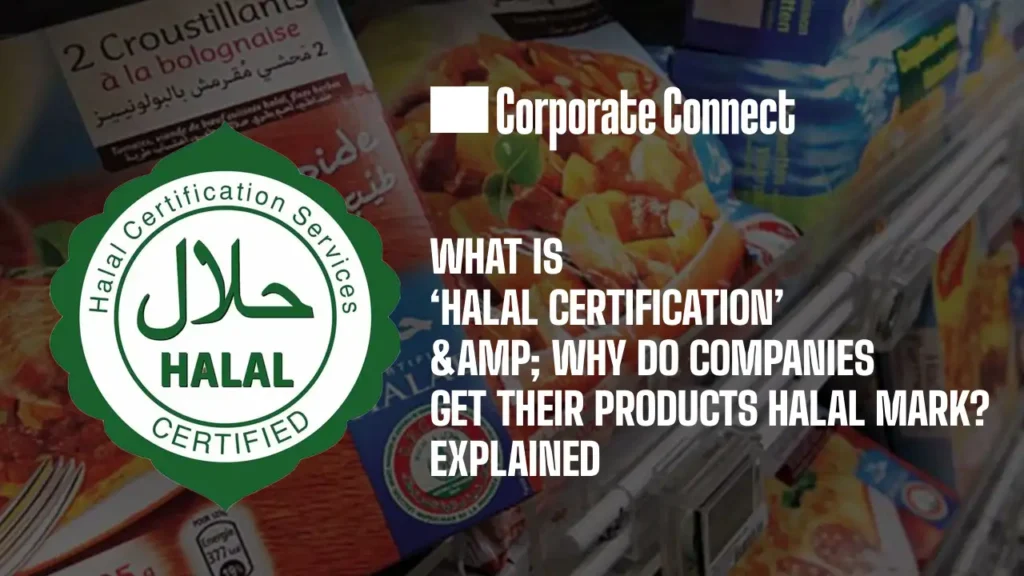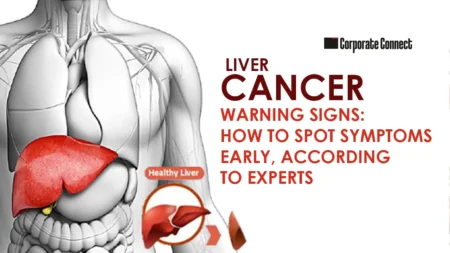What is ‘Halal Certification’ & Why do companies get their products Halal mark? Explained
In 2020, amid the pandemic, there was a hashtag trending on Twitter, “#BoycottHalaProducts”. The purpose of this camping was to take down Halal-certified products. A PIL (Public interest litigation) was filed by an NGO named Vishwa Jain to restrain the “halal” slaughter in the country, keeping in view the covid-19 pandemic as it can be spread through animals. So, what does it mean to a halal-certified product? In order to know this, we need to understand halal.
The halal word comes from Arab; this means lawful or permitted. It is Islamic dietary law and is specifically related to meat processed and prepared as per the requirements of Islam law. The Islamic form of slaughtering animals or poultry, Dhbiha, involves killing through a cut to the jugular vein, carotid artery, and windpipe.
Halal law states: –
Halal practice is mentioned in the Islamic holy book “Quran”.
- People who practice the Islamic religion can only slaughter animals. In many texts, it is mentioned that Jews and Christians can Slaughter animals, if they follow the Islamic diet.
- The animal must be cut with the help of a sharp knife 🗡 with a cut to the jugular vein, carotid artery, and windpipe.
- The Quranic verse is known as Tasmiya or Shahada, which must be read while killing the animal.
- At the time of slaughter, the animal is necessary to alive and healthy. The maximum amount of blood must be drained from the veins of the carcass.
- Eating animal meat, which is already dead or other than the halal process is forbidden in Islam.
What is Halal certification?
The Halal certificate guarantees that goods aimed at the Muslim population meet the requirements of Islamic law, and therefore are suitable for consumption in both Muslim-majority countries and in Western countries where there is a significates population group who practice Islam. The certification is a process that ensures the states of Islamic law as per the rules established by the Islamic council that allows the use of the mark Halal. It is mainly applied to dairy products, meat, canned food, and medicine.
In many Islamic countries, halal certification is given by the government, whereas, in India, FSSAI (Food Safety and Standards Authority of India) certification can be only seen on almost all processed foods. But, many private companies in India provide Halal certification, which makes the food or product permissible for Islam practitioners.
Here are some private companies which provide halal certification.
- Halal India Private Limited.
- Halal Certification Services India Private Limited.
- Jamiat Ulama-E-Maharashtra A state unit of Jamiat Ulama-E-Hind.
- Jamiat Ulama-I-Hind Halal Trust.
Why cosmetics and pharmaceuticals are halal certified?
The halal is involved in the lifestyle of every Muslim believer, and the application of these principles truly influences the cosmetics and pharmaceuticals sectors. Many medicines and cosmetics contain animal byproducts, for example, squalene is often used in skincare products that come from sharks’ livers, Glycerin is found in moisturizing product agents derived from animal fats, fibrous protein is used in cosmetic products that come from the tissues and bones of animals.
As I mentioned before, there are certain medications that contain animal byproduct that plays a crucial role in function and production, it becomes necessary to get halal certification for cosmetic and pharmaceutical industries to ensure that those products do not contain anything that is prohibited by the follower of Islam.
Why do companies want to get halal certification for their products?
Many Indian leading companies like Reliance Industries, Adani, Patanjali, and Himalaya have got halal certification for their products. Because this certification is mandatory almost all across the Islamic states for any product. According to a Pew Research Center estimate, there are 1.8billion followers of Islam in the world, i.e., 24.1% of the world’s population.
As per BusinessWire, the global halal food market reached a value of $ 1.9 trillion in 2020. Thus, in order to serve the large market, many companies are getting their products halal certified.
From halal food to medication, another term is “Halal Tourism”. Under this term, only halal-certified food is served in their restaurants and hotels. In many hotels, span and swimming pool facilities are separated for men and women.
What issues have occurred with “Halal certification”?
There are the following issues that occurred with this.
- The cost of the halal-certified product has increased as the certification process is not free of cost. Another, to get a certification, several modifications require.
- In several sectors, employment opportunities for non-Muslims don’t exist -a halal slaughterhouses.
- To date, there is no standard Halal certification process. It means halal-certified products may not be recognized in other countries, for example, halal certification isn’t recognized in UAE.
We hope that We have explained enough to know about “Halal certification”? Please let us know your thoughts about it.
Also Read:-
- AscenTrack Consulting: Accelerating Business Growth
- 10 Ways Your Photography Hobby Can Make You Rich
- Ye Prayas: Reshaping the Future of Waste Management
- TheRealB: A Riveting Journey of Blending Fashion with Heritage
- Care My Tours: Making a Remarkable Impact in the Travel Industry
- Talluri’s Kitchen Temple Pvt Ltd
- Happy Leos Rescue Foundation
- eBizneeds (India) Business Solutions Pvt. Ltd.










